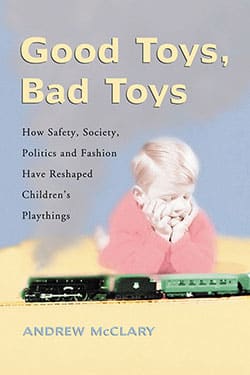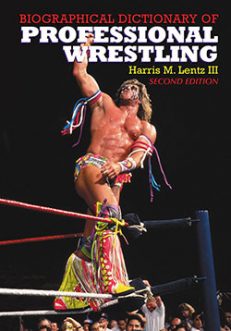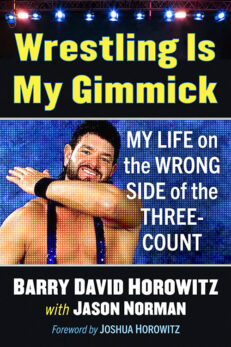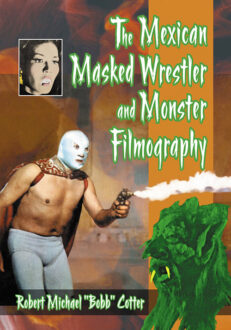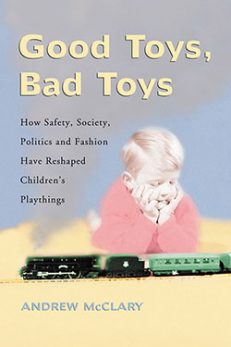Good Toys, Bad Toys
How Safety, Society, Politics and Fashion Have Reshaped Children’s Playthings
Original price was: $29.95.$23.99Current price is: $23.99.
In stock
About the Book
In early America, most children had only a few toys and parents received advice from family and friends on the best ways to make and use toys. By the early 1900s the Industrial Revolution was producing a new world of toys and giving more parents the wealth to buy them. Mass media also sang the praises of these new factory-made, store-bought toys, but that began to change as early as the mid–1900s when the mass media was used to inform parents of the many dangers of children’s toys. Many encourage violence, sexism, racism, and some are actually unsafe and unhealthy. The development of children’s toys from early America to the present time and the shifting opinions of them expressed by parents and the mass media throughout this time are the main subjects of this book. The first section discusses the many problems with toys, while the second puts these problems in historical perspective. How have these problems changed, and are still changing today? Might today’s toys be about to enter a time when they will be better than ever? The third section argues that many media toy watchers are biased toward the negative, giving toys more of a black eye than they deserve, and considers the challenges that face today’s parents as they try to choose the best toys for their children.
About the Author(s)
Bibliographic Details
Andrew McClary
Format: softcover (6 x 9)
Pages: 211
Bibliographic Info: 65 photos, notes, bibliography, index
Copyright Date: 2004
pISBN: 978-0-7864-1837-4
eISBN: 978-1-4766-0968-3
Imprint: McFarland
Table of Contents
Acknowledgments vii
Preface 1
I. Troubled Toys
1. The Changing World of Toys 5
2. Toy Weapons 7
3. Fashion Dolls and Action Figures 28
4. Toys That Come Alive 43
5. Toys That Teach 58
6. Hazardous Toys 76
7. Racist Toys 93
8. Gender Toys 106
II. Toys Past, Present, and Future
9. Toys of the World We Have Lost 127
10. The Commercialization of Toys 148
11. The John Burroughs Toy 166
III. Afterthoughts
12. The Special Problem of Media Bias 173
13. The Plight of the Parent 177
Chapter Notes 181
Selected Bibliography 193
Index 197


